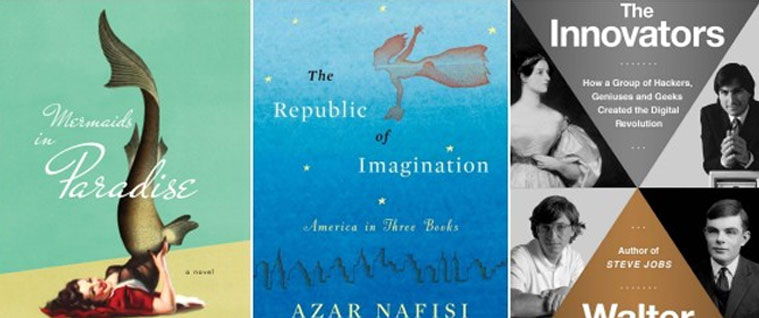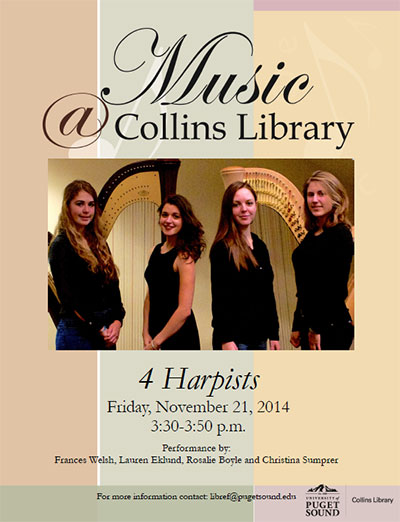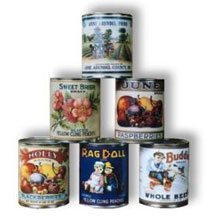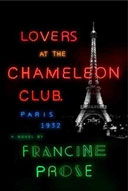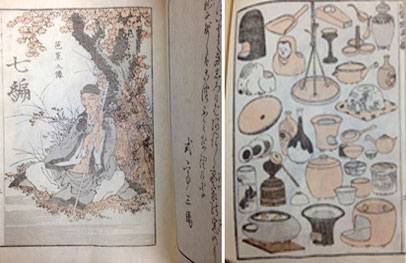WESTPORT, Conn.—They have blinking eyes and an unnerving way of looking quizzically in the direction of whoever is speaking. They walk, dance and can talk in 19 different languages. About the height of a toddler, they look like bigger, better-dressed cousins of Buzz Lightyear.
And soon, “Vincent” and “Nancy” will be buzzing around the Westport Library, where officials next week will announce the recent acquisition of the pair of humanoid “NAO Evolution” robots. Their primary purpose: to teach the kind of coding and computer-programming skills required to animate such machines.
While it isn’t unusual for public libraries to offer instruction in programming or robotics, Westport is the first in the nation to do it with sophisticated humanoid bots made by the French robotics firm Aldebaran. In a brief demonstration last week, Alex Giannini, the library’s digital-experience manager, had Vincent kicking a small soccer ball, doing tai chi and taking bows.
“Robotics is the next disruptive technology coming into our lives and we felt it was important to make it accessible to people so they could learn about it,” said Maxine Bleiweis, executive director of the Westport Library. “From an economic-development perspective and job- and career-development perspective, it’s so important.”
Under Ms. Bleiweis’s leadership, Westport has made it a priority to provide public access to innovative new technology. For example, Westport was among the first public libraries in Connecticut to acquire a 3-D printer three years ago, and to create a “maker” space, an area where patrons of all ages can try out equipment, dabble in computer coding or work individually, or collaboratively, to create DIY technology.
Westport isn’t the only public library with robots. In May, the Chicago Public Library, in partnership with Google Inc., made 500 “Finch” robots available to patrons at six of its branches. The dot-eyed, half-domed machines, the size of dinner plate on wheels, are also used to teach computer programming and coding.
Aldebaran said it has sold about 6,000 robots world-wide, mostly to museums and schools. At nearly $8,000 a machine, the NAO Evolution models, which were acquired by Westport with private funds, cost considerably more than the Finch machines, which run $99 each.
But the Aldebaran robots are also more complex—equipped with two cameras, four microphones, motion sensors and sonar to detect walls.
Vincent and Nancy can recognize faces and detect where sound is coming from. They have a “fall manager” that helps them right themselves after a tumble just as a human might, grunts and all. They can even “touch” and “feel” with the help of tactile and pressure sensors.
The robots come equipped with programming software, but embedded within that software are compatible programming languages, such as Python, that can be used to expand the capabilities of the NAO bots. Aldebaran also has a large development community continuously adding new behavior apps that facilitate everything from high-five gestures to a “wake-up” routine including yawning and stretching.
“They look like Sharper Image playthings, but they’re insanely complicated,” said Mr. Giannini.
The library plans to debut the robots Oct. 11 and begin programs and workshops soon after that will introduce participants to the software, said Bill Derry, the library’s assistant director for innovation. After that, he said, he is planning a series of competitive programming challenges requiring contestants to have the robots recite a poem, give a speech and do a dance, among other things. Winners in each category will compete in a final competition at a maker fair in April.
“What we’re counting on is that there is great capacity for growth that will give patrons a chance to play with something resembling artificial intelligence,” said Mr. Derry. “Our goal is to push it as far as we can and shed light on people who are thinking, experimenting and producing to inspire them to go even farther.”
While some have speculated that the Internet would render public libraries irrelevant, librarians say the proliferation of technology and digitized information has had the opposite effect. According to a 2013 report by the Pew Research Center, 81% of Americans say public libraries provide services they would have a hard time finding elsewhere.
The growing emphasis in schools on science, technology, engineering and math gives library-based robots added relevance.
“3-D printing and robotics are very visceral and really speak to what’s possible in the future,” said Matt Latham, program and maker-space coordinator at the Hoboken, N.J. public library. “It spurs creative wonder about what we can do with technology.”
Mr. Giannini envisions the robots being programmed for “practical stuff” as well, such as helping patrons locate books or greeting elementary-school groups that visit the library.
“I don’t know what the coolest functionality is going to be,” said Mr. Giannini. “Someone coming in off the street is probably going to teach us that.”
From Wall Street Journal online article: Coming Soon to the Library: Humanoid Robots
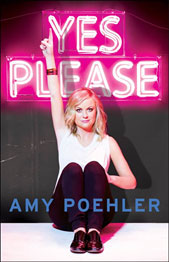 You may know her from her roles as Pawnee’s delusional director of Parks and Recreation Department, or perhaps as former first lady and Secretary of State, Hillary Clinton; whatever the case, comedian, actress, and writer Amy Poehler has become one of the most recognizable faces in comedy today.
You may know her from her roles as Pawnee’s delusional director of Parks and Recreation Department, or perhaps as former first lady and Secretary of State, Hillary Clinton; whatever the case, comedian, actress, and writer Amy Poehler has become one of the most recognizable faces in comedy today.
